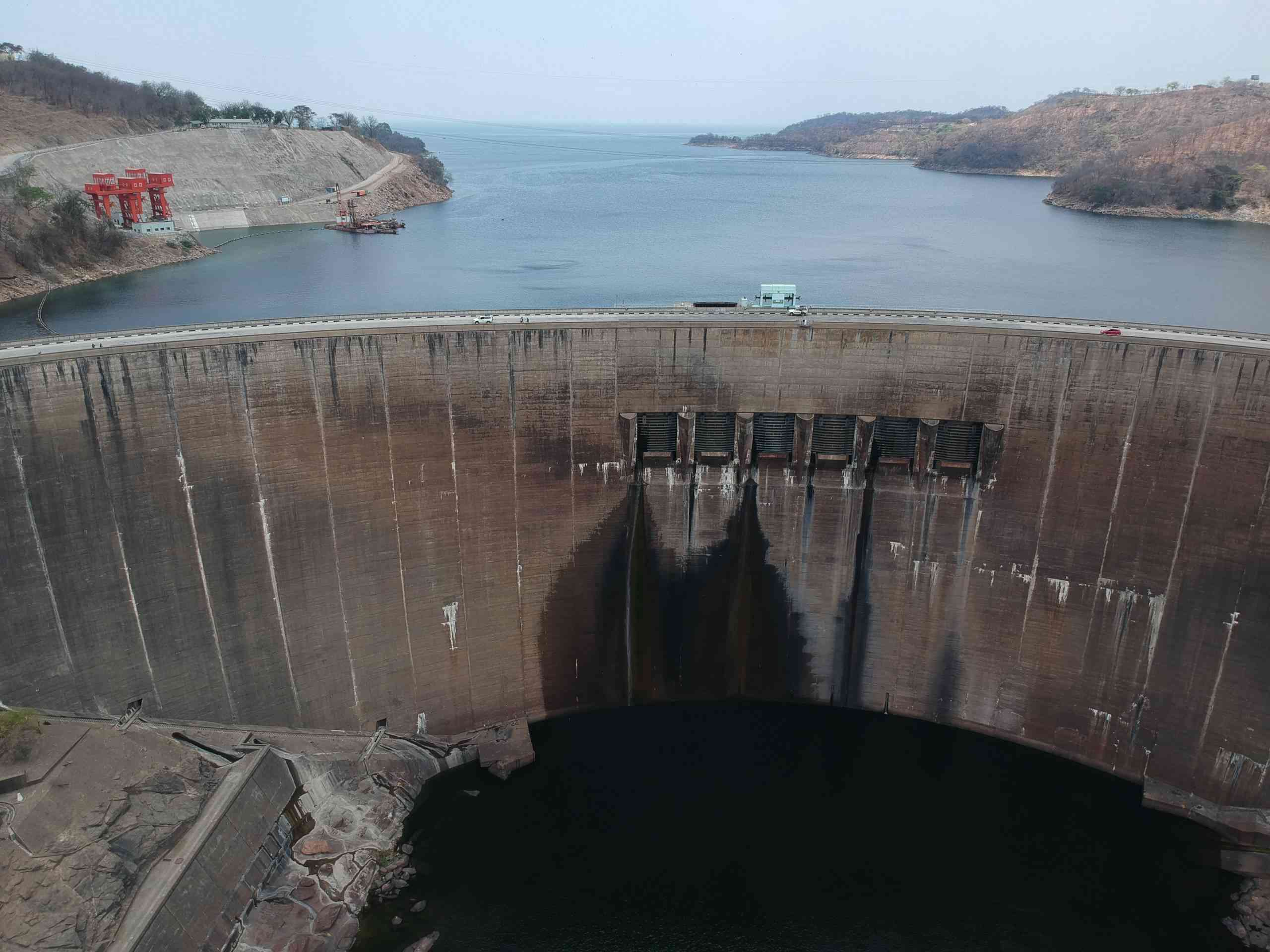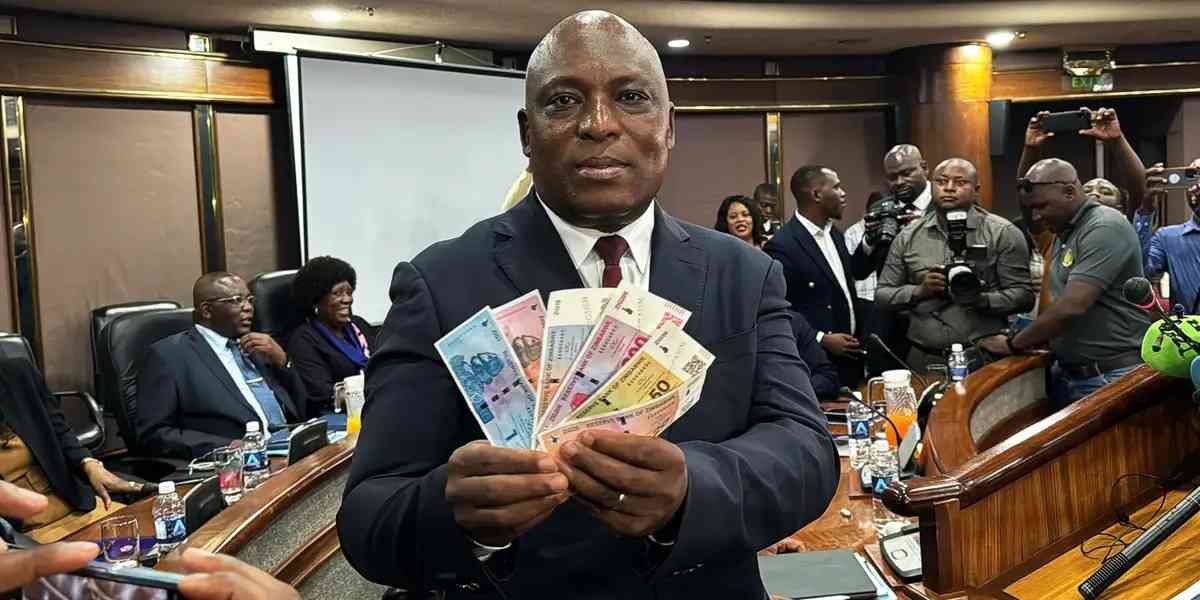
THE Zimbabwe Coalition on Debt and Development (Zimcodd) has called for legislated fiscal rules, which would impose limits on budget deficits to enhance fiscal transparency and restrain further growth in unsustainable sovereign debt.
BY MTHANDAZO NYONI
The organisation, which fights for economic and social justice, has also urged government to put in place measures to curb illicit financial flows to offshore havens.
Zimcodd took this position in response to President Emmerson Mnangagwa’s State of the Nation Address over a week ago.
“Comprehensive and rigorous legislative measures must also be considered to reduce the continued fiscal leakages, budget deficits and unsustainable debt amidst rampant illicit financial flows (IFFs),” Zimcodd said.
Legislated fiscal budget deficit limits would force Treasury to seek the approval of Parliament to break the ceiling, which may be rejected if the reasons are not well-grounded.
“The nation is endowed with abundant (and) valuable natural resources, particularly in the form of mineral wealth, arable land and attractive tourist destinations, which have not translated into improved standard of living for the majority of the citizens.”
According to a report by the Global Financial Integrity, Zimbabwe could have lost close to $2,8 billion, representing an annual average loss of $276 million during the period 2004 to 2013.
- Chamisa under fire over US$120K donation
- Mavhunga puts DeMbare into Chibuku quarterfinals
- Pension funds bet on Cabora Bassa oilfields
- Councils defy govt fire tender directive
Keep Reading
These cumulative estimates represent potential revenue loss of close to 51% of the 2018 revenue projections of $5,533 billion.
Zimcodd said the legislative agenda set forth by Mnangagwa is biased towards his middle-income economy agenda to the neglect of issues of income equality and citizen participation, which would make growth sustainable.
The organisation recognises that government’s middle-income economy ambitions are accompanied by a market-oriented investment drive, which is often blind to income inequalities.
“Citizen participation and government accountability are important governance principles for promoting sustainable development. The legislative agenda falls short of recognition of the citizens’ crucial role in economic development planning,” Zimcodd said.
Zimcodd is particularly concerned with mounting sovereign debt, stocked by persistent fiscal deficits, funded through debt instruments and overdrafts, which typically stoke inflation.
The organisation believes fiscal rules would complement the Debt Management Act, which stipulates that the government debt should not exceed 70% of gross domestic product (GDP). However, Treasury has been in breach of this law since 2015.
At the end of 2017, government debt had grown to about 79% of GDP estimated at $16,3 billion that year, according to the report.
Debt local to financial institutions alone amounted to $7,7 billion as at June 30, 2018, according to the Reserve Bank of Zimbabwe (RBZ)’s June 2018 monthly report.
Treasury Bills constitute a greater proportion of public debt held by financial institutions.
Zimbabwe is currently saddled with a growing sovereign debt comprising public foreign debt, public domestic debt and publicly guaranteed debt.
A report by the Parliament Budget Office has revealed that “as at March 31, 2017, the country’s public debt stood at $11,6 billion or 82% of GDP, of which $7,5 billion or 53% of GDP is external debt, while $4,3 billion, representing 30% of GDP, is domestic debt and of the $7,5 billion debt, $5,2 billion is in arrears.”
The report also stated that “domestic debt had also increased in the second quarter (of 2017) due to continued issuance of Treasury bonds to finance government expenditure, and this leaves the country debt at a figure above $13 billion.”
Zimcodd expects the trend of unsustainable fiscal deficits to continue, further accelerating growth of the sovereign debt.
By July 31, 2018, budget deficit had already reached $1,7 billion, way above the 2018 deficit target of $672,3 million.
“The economic trend can largely be attributed to lack of fiscal transparency and mismanagement of public resources. The effect of the national debt stock on the livelihood of citizens is often understated.”
The organisation has also criticised Zimbabwe’s debt clearance strategy as both unclear and unsustainable.
“The Zimbabwe debt question calls for a debt audit to ascertain which of the debt is legitimate and or illegitimate so that the general citizens are not burdened by debt that suppresses their rights,” Zimcodd said.
“The government is, therefore, called upon to echo the sentiments of unconditional total debt cancellation. There are opportunities available for Zimbabwe to attain to debt cancellation without following the Highly Indebted Poor Country route or securitising the nation’s natural resources.”
Zimcodd said it was important for Zimbabwe to build national consensus on debt cancellation, based on sound reasons, in order to relieve the country of debt overhang.











